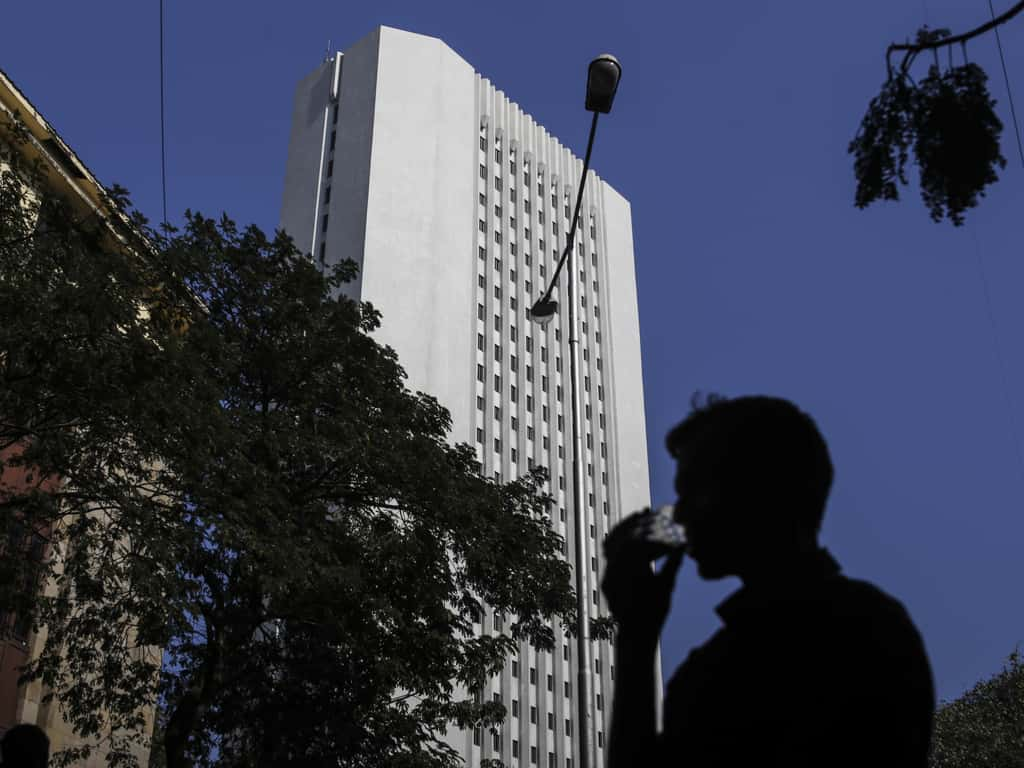RBI Probe In 2016 Found No Proof Of ‘Quid Pro Quo’ In Videocon Loans

The Reserve Bank of India had found no proof of any “quid pro quo” or reciprocal benefits being extended by ICICI Bank to the Videocon group, when it conducted a detailed probe nearly two years ago, according to regulator’s documents.
The RBI had undertaken a scrutiny in mid-2016 after the Prime Minister’s Office referred to it allegations of ICICI Bank CEO Chanda Kochhar’s husband, Deepak Kochhar reaping windfall gains from his association with Venugopal Dhoot, whose Videocon Group is a large debtor to ICICI Bank.
In its first response, sometime in mid-July of 2016, the RBI stated that ICICI Bank’s Rs 1,730 crore loan to the Videocon Group in 2012 was sanctioned as part of a debt consolidation programme undertaken through a consortium led by the State Bank of India, according to the documents and sources with direct knowledge of the matter.
It went on to state that it was difficult to establish any conflict of interest in the sanctioning of the loan but flagged that it was not able to determine the sources of funding in some of the transactions involving Deepak Kochhar’s renewable energy venture NuPower.
The source of funding was critical to ascertain the legitimacy of NuPower’s transactions, the RBI had said, adding that it was for investigative agencies to ascertain the source.
Later in December that year, RBI gave a detailed response to allegations of “quid pro quo” in loans sanctioned to the Videocon Group in 2007-08 and 2012, saying ICICI Bank was a part of the debt recast programme of Rs 20,195 crore by a consortium of banks led by SBI, where ICICI Bank’s share was Rs 1,750 crore.
RBI stated that “quid pro quo” could not be established as ICICI Bank had to take a share like other banks in the consortium, they said.
The central bank added that the transfer of ownership of NuPower Renewables Ltd, which Deepak had set up with Dhoot family in December 2008, by Videocon was an unrelated event outside the banking domain. Such a transfer can only be examined by SEBI (Securities and Exchange Board of India) or Ministry for Corporate Affairs (MCA).

No violations were reported on investments made in NuPower from Mauritius, said the central bank, adding that the money had come in through the automatic route.
The regulator had left it to the Department of Financial Services in the Ministry of Finance to investigate if there was a non-disclosure of related party transactions or if there were FEMA (Foreign Exchange Management Act) violations.
The RBI, however, raised questions over the ownership of the Mauritius-based entity, First Land Holding, which had invested Rs 325 crore in NuPower. Also, there was no clarity over the alleged Rs 64-crore loan (unsecured fully convertible debentures) given to NuPower by Supreme Energy. Videocon chief Venugopal Dhoot owned 99.99 percent of Supreme Energy at that time.
While Chanda Kochhar sat on the credit committee that approved the loan to Videocon, there are allegations of conflict of interest in her husband’s brother, Singapore-based Rajiv Kochhar, performing debt-restructuring work on errant corporate borrowers of ICICI Bank, including Videocon. The restructuring wasn’t commissioned by the bank but by the borrowers.
[“Source-bloombergquint”]

